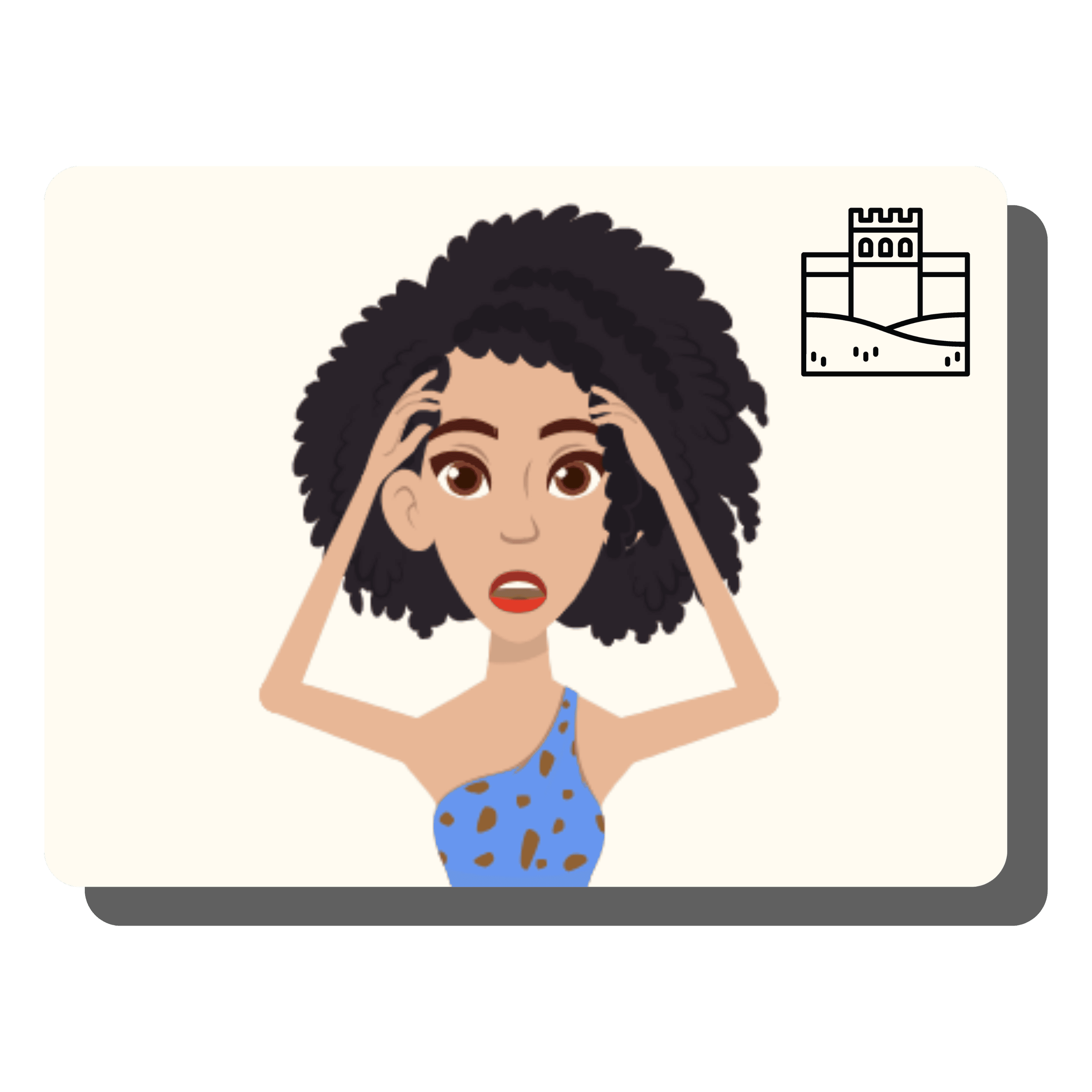
The Stress Response Quiz: Fight, Flight, Freeze, or Fawn?
Your stress response isn’t random…it follows patterns shaped by your history.
We all respond to stress differently. Sometimes we fight, flee, freeze, or fawn depending on the moment and what feels familiar. This quiz helps you identify your stress pattern, see how it shows up, and get a guide that helps you put words to what you’ve been experiencing.
How Fight Flight Freeze Fawn Show Up in You
Meet the Team of Chaos - The ways your system adapted to stress, pressure, and life experiences
Why You’re Reactive, Become Defensive, & Get Misunderstood
Meet Fight: The Protector
Quick reactions, intensity, or feeling the need to stand your ground may show up when your system senses pressure, conflict, or a misunderstanding. These patterns may have developed during times when being alert, outspoken, or strong helped you feel more understood or more in control.
Why You Overthink, Stay Busy & Can’t Rest Even When You’re Exhausted
Meet Flight: The Navigator
Feeling the need to stay busy, plan ahead, or keep moving may show up when uncertainty or pressure rises. This response may have developed during times when staying active or “one step ahead” helped you feel capable, prepared, or more in control of what was coming next.
Why You Shut-Down, Can’t Make Decisions, Go Numb or Feel Stuck
Meet Freeze: The Stabilizer
Taking space, pausing, or feeling “stuck” may show up when your system senses overwhelm, too much input at once, or uncertainty about what to do next. This response may have developed during times when stepping back, going quiet, or slowing down helped you feel safer, more steady, or more in control of your inner world.
Why You People-Please, Burn-Out, Avoid Conflict, & Lose Yourself
Meet Fawn: The Harmonizer
Softening, smoothing things over, or prioritizing others may show up when connection feels tense, conflict appears, or someone’s emotions feel unsure. This response may have developed during times when staying agreeable, attentive, or flexible helped you keep relationships steady and feel more secure around others.
If your reactions feel automatic, there’s a reason.
Your guide shows how stress patterns shift your thinking, behavior, and relationships.
Nervous System Stress Responses Explained
Did you know your stress responses change depending on the situation & person you are interacting with?
Having a regulated nervous system may help you in the following categories:
How to Set & Respect Boundaries Without Guilt
Stress responses often show up when limits are involved.
You’ll explore how your reactions shift when someone says “no,” when you need space, or when expectations feel unclear.
Attachment Styles & Emotional Connection
Stress responses often mirror the way we reach for closeness or pull back to feel safe.
Explore how your nervous system learned connection, closeness and how these patterns may shape the way you show up with people you care about.
How to Cope With Change, Loss, & Life Transitions
Life transitions—new roles, endings, or unexpected shifts—may activate different reactions.
You’ll discover how your system adapts, resists, or speeds up when something big is happening.
Communication & Conflict in Relationships
Stress influences how we express our needs, listen, and respond when tension rises.
Notice how your body reacts when conversations feel intense or uncertain, and how it may impact expression.
Your nervous system uses stress responses to keep you safe in overwhelming situations, but they often run on autopilot.
Here’s how stress may affect different parts of your life when it shows up:
Stress & You
Triggers activate stress & sends signals that influence every part of you
Mind
The way you think & view yourself, others, and the world
Body
How your body reacts to stress & how you manage conflict
Soul
Your emotions, personality and all the things that make you unique
Spirit
How you connect with yourself, your environment, & those around you
Want to understand what your stress response is really doing behind the scenes?











